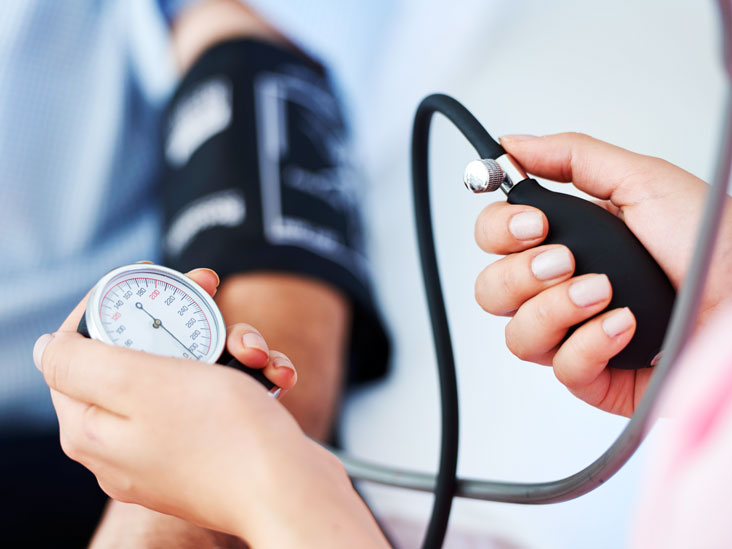Chest pain sends over 7 million people to the emergency room every year. That makes sense since any kind of aching in your chest can be downright terrifying. But experiencing chest pain doesn’t automatically mean you’re in grave danger.
While cardiovascular events can certainly happen to young, otherwise healthy people, and heart disease is the leading killer of women in the United States, most chest-related emergency room visits aren’t life-threatening, according to a 2016 study published in JAMA that investigated records for over 42 million patient visits to the ER. These visits are often not even rooted in physical issues at all and are tied to mental health instead.
These are common signs your chest pain could be physical.
1. You recently lifted or otherwise moved something heavy.
“The rib cage, the muscles between the ribs, and where they connect to the back and breastbone are actually pretty sensitive to trauma,” Aaron Baggish, M.D., director of the Cardiovascular Performance Program at the Massachusetts General Hospital Heart Center in Boston, tells SELF. “People hurt their [chests] all the time and don’t realize it.”
2. You feel general discomfort anywhere between your chin and your belly button, or even lower.
This sounds vague, but Dr. Baggish points out that many organs in the chest, like the heart, lungs, and esophagus, share the same nerve supply. Anything in that area that gets inflamed or damaged can cause discomfort in a pretty large swath of your body, he says.
For instance, a pulmonary embolism, or when blood supply to a lung gets blocked by a blood clot, can cause chest pain, according to the Mayo Clinic. Other symptoms include shortness of breath (trying to take deeper breaths might make your chest pain worse), feeling light-headed or dizzy, having a rapid pulse, coughing up blood, and fainting.
3. You’re about to get your period.
Cyclic breast pain might be your issue. This discomfort occurs in the two weeks leading up to your period due to hormonal fluctuations, according to the Mayo Clinic. It typically causes a dull, heavy ache that affects both breasts, so it might feel like your whole chest hurts. It may also feel like you pumped air into your breasts, swelling them up.
Of course, you might be used to this pain heralding your period’s arrival every month. But it could take you by surprise if, say, you’ve recently gone off hormonal birth control that stabilized your typical hormonal shifts.
4. Your chest pain always happens when you’re exposed to certain triggers.
When you think of asthma symptoms, you might immediately envision someone gasping for air. But asthma can also cause chest pain and tightness due to airway inflammation, according to the National Heart, Lung, and Blood Institute (NHLBI). Common triggers behind this include pollen, dust mites, animal dander, cold air, smoke, exercise, and more.
5. You have risk factors for heart disease.
“Chest pain is very much about the person who gets the chest pain,” says Dr. Baggish. This means that people who have risk factors for heart disease are more likely to have chest pain from a serious heart problem than other people, he explains. Those risk factors include high blood pressure, high cholesterol, diabetes, a cigarette smoking habit, being overweight or obese, a lack of exercise, being over 55 for women (this drops to 45 for men), and having a family history of the disease.
6. Your chest pain happens when you’re exerting yourself physically, is reproducible, and is quickly relieved by rest.
These are the classic features of angina, a symptom of an underlying heart problem such as coronary heart disease that can crop up when your heart isn’t getting enough oxygen-rich blood, according to the NHLBI. (Coronary heart disease is the most common form of the condition.)
7. You feel pain on the left side of your chest or pain that’s radiating into other parts of your body.
Your heart is on the left side of your body, so pain in that area can be associated with a cardiovascular event like a heart attack, the NHLBI explains. In addition to straight-up pain, this might feel like squeezing, pressure, or fullness.




